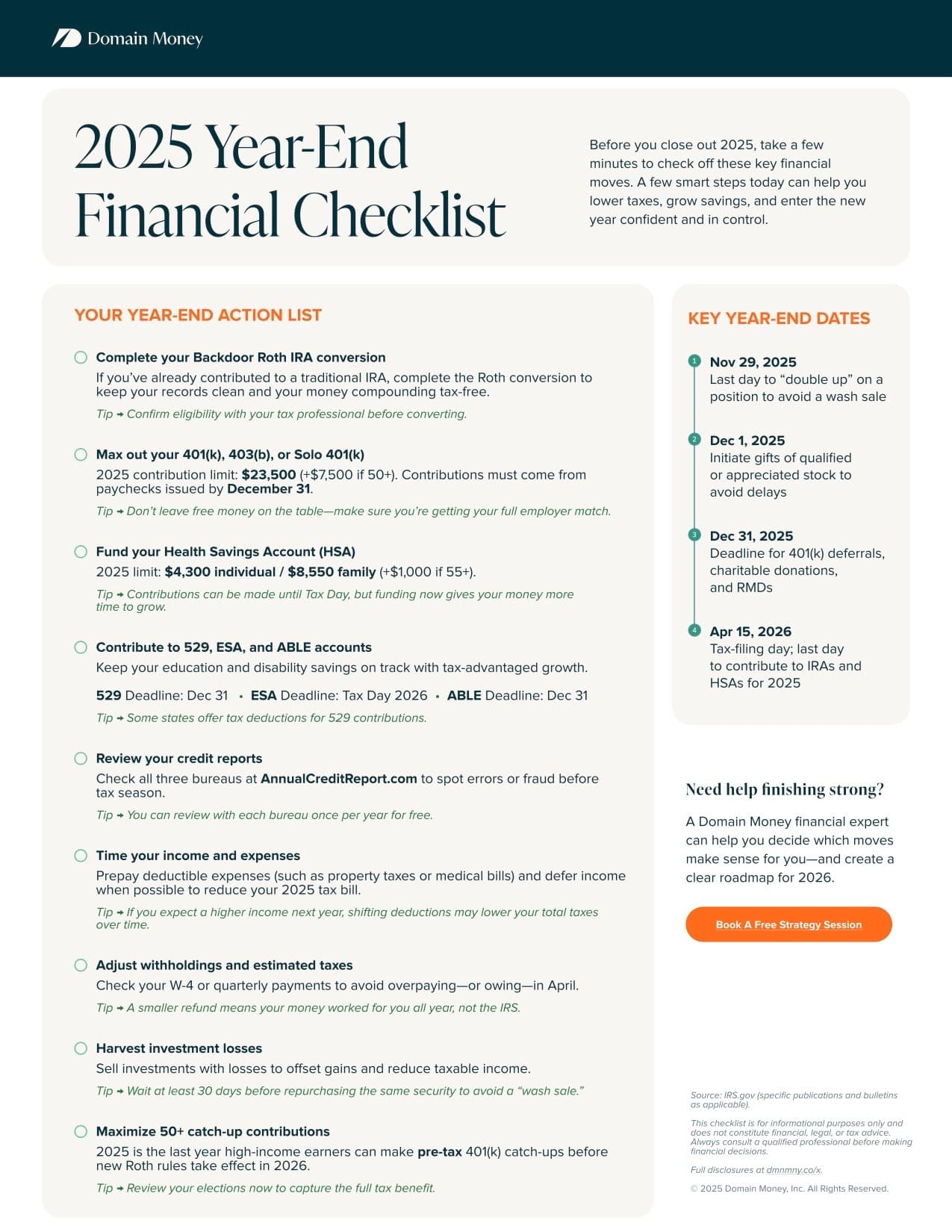If you have a 401k through your employer, you may have heard about the importance of contributing to it regularly. And if your employer offers a match, you might be wondering why it's so important to take advantage of this benefit. In this article, we'll explore why it's important to contribute to your 401k if you have an employer match and provide an example to illustrate the potential impact on your retirement savings.
What is an employer match?
First, let's define what an employer match is. Many employers offer a 401k match as a benefit to their employees. This means that if you contribute to your 401(k) account, your employer will also contribute to your account, typically up to a certain amount or percentage of your salary.
For example, let's say your employer offers a 401k match of 50% up to 6% of your salary. If you make $50,000 per year and contribute 6% of your salary to your 401k, or $3,000 per year, your employer will contribute an additional $1,500 per year, or 50% of your contribution.
Why contribute to your 401k?
There are several benefits to contributing to your 401k, including:
Tax benefits: Most 401(k) plans allow you to make pre-tax contributions to your account, meaning you don't pay taxes on the money until you withdraw it in retirement. This can lower your taxable income in the year you contribute, and potentially reduce your tax bill. Some 401(k) plans also allow you to make after-tax, or roth, contributions. This allows you to pay income tax on the money you add during the year, and allows the money to grow tax-free for use in retirement.
Compound interest: Your 401k contributions are typically invested and will grow over time, allowing you to take advantage of compound interest. This means that your money can grow exponentially over time, especially if you start contributing early.
Convenient savings plan: Once your 401k is properly set up and you choose a percentage of your income to save, your contribution is automatically withheld from your paycheck. This savings method makes it easier to be consistent with your contributions and start building a nest egg that will provide you with financial security in your golden years.
Employer match: Many employers offer a “matching” contribution to incentivize employees to participate in the plan. If your employer offers a 401k match, it's essentially free money. By contributing at least enough to receive the full match, you're maximizing the amount that your employer will add to your retirement savings.
Employer match - example
Let's take a look at an example to illustrate the potential impact of an employer match on your retirement savings. Suppose you're 30 years old and make $50,000 per year. Your employer offers a 401k match of 50% up to 6% of your salary. If you contribute 6% of your salary, or $3,000 per year, and your employer contributes an additional 50%, or $1,500 per year, here's how your retirement savings could grow over time, assuming you earn 6% on your investments.1
- After 10 years: $59,314
- After 20 years: $165,535
- After 30 years: $355,761
As you can see, even a small contribution with an employer match can have a significant impact on your retirement savings over time. By contributing regularly and maximizing your employer match, you can take advantage of tax benefits, compound interest, and employer contributions to build a substantial retirement nest egg. With the help of Domain Money's financial advisors, you can create a personalized retirement plan that meets your individual needs and helps you achieve your financial goals.
1 For illustrative purposes only. There is no guarantee that an investor would earn a 6% average annualized return over any particular investment period.



.jpeg)





.webp)
